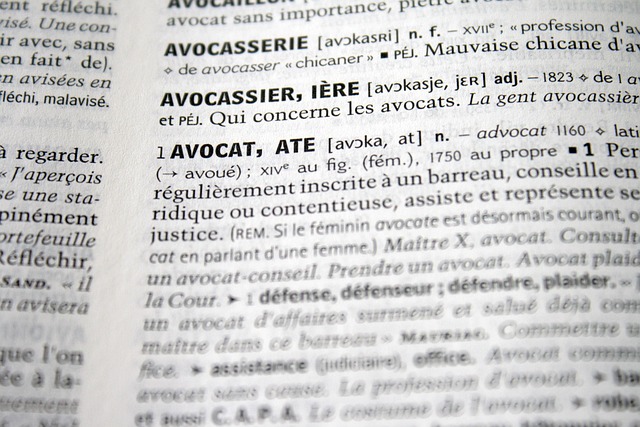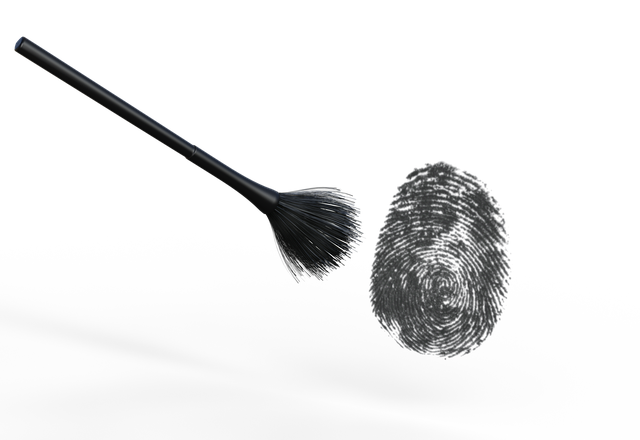Healthcare professionals facing assault allegations in criminal court require a strategic defense that challenges accuser credibility through examining motivations, biases, and prior inconsistences, while showcasing adherence to medical industry standards. Understanding criminal law is crucial for protecting patient care, mitigating risks, and ensuring just outcomes. Engaging a seasoned criminal defense attorney with nationwide experience is vital for navigating complex legal landscapes and securing fairness, especially when serving diverse communities beyond corporate and individual clients.
In the complex landscape of healthcare, legal issues can arise from various angles, with criminal law playing a pivotal role. This article delves into critical aspects of healthcare legal matters, focusing on understanding criminal law’s intersection with medical practices. We explore navigating assault allegations and defense strategies, highlighting the legal rights of medical professionals in court. By examining these key areas, we aim to provide insights for healthcare providers seeking to defend against assault charges in criminal court.
- Understanding Criminal Law and Healthcare Practices
- Navigating Assault Allegations: Defense Strategies
- Legal Rights of Medical Professionals in Court
Understanding Criminal Law and Healthcare Practices

Understanding Criminal Law and Healthcare Practices is a delicate balance, especially when addressing issues like Defending Against Assault Charges in Criminal Court. Healthcare professionals must be vigilant to ensure their actions are within legal boundaries, as they navigate complex ethical landscapes. Criminal law, with its focus on punishment and deterrence, intersects with healthcare through incidents such as assault allegations. These cases often arise during high-stress situations, where quick decisions can have significant repercussions.
In navigating all stages of the investigative and enforcement process, from initial inquiries to jury trials, it’s crucial for healthcare providers to demonstrate a philanthropic and political communities’ commitment to patient care while also adhering strictly to legal protocols. A thorough understanding of criminal law empowers healthcare professionals to defend their actions and ensure just outcomes. This knowledge is vital in mitigating potential risks and protecting the integrity of their practice.
Navigating Assault Allegations: Defense Strategies

When facing assault allegations in criminal court, healthcare professionals must employ robust defense strategies tailored to their unique circumstances. A key step is challenging the accuser’s credibility by examining the motivation behind the accusation and any potential biases or conflicts of interest. This may involve delving into the relationship between the parties, investigating the context leading up to the incident, and uncovering any prior inconsistences in the accuser’s statements.
Additionally, focusing on the nuances of medical practice and patient care can be a powerful defense mechanism. Presenting evidence that demonstrates adherence to industry standards, proper protocols, and patient safety measures can help establish reasonable doubt. Engaging the services of a general criminal defense attorney with experience in corporate and individual clients across the country is crucial for navigating complex legal landscapes and ensuring a fair outcome.
Legal Rights of Medical Professionals in Court

Medical professionals, like any other healthcare providers, possess legal rights when facing courtroom proceedings, especially in cases where they are accused of criminal offenses. When a doctor or healthcare worker is defending against assault charges in criminal court, their rights must be respected and protected. This is crucial to ensuring fairness and maintaining the integrity of the healthcare system.
In such situations, these professionals have the right to legal representation and due process. They can challenge evidence, cross-examine witnesses, and present their defense strategy. It’s essential for medical practitioners to understand their privileges, as it enables them to navigate complex legal systems effectively. This is particularly significant when dealing with matters that impact their licenses to practice medicine, which could have repercussions for both their personal and professional lives, serving not only corporate and individual clients but also the broader philanthropic and political communities.
In navigating healthcare legal issues, understanding criminal law and implementing effective defense strategies, such as defending against assault charges in criminal court, are paramount. Medical professionals must be aware of their rights and the unique considerations that come with their roles. By staying informed and adopting robust strategies, they can ensure fair treatment within the legal system, fostering a safer and more supportive environment for patient care.






